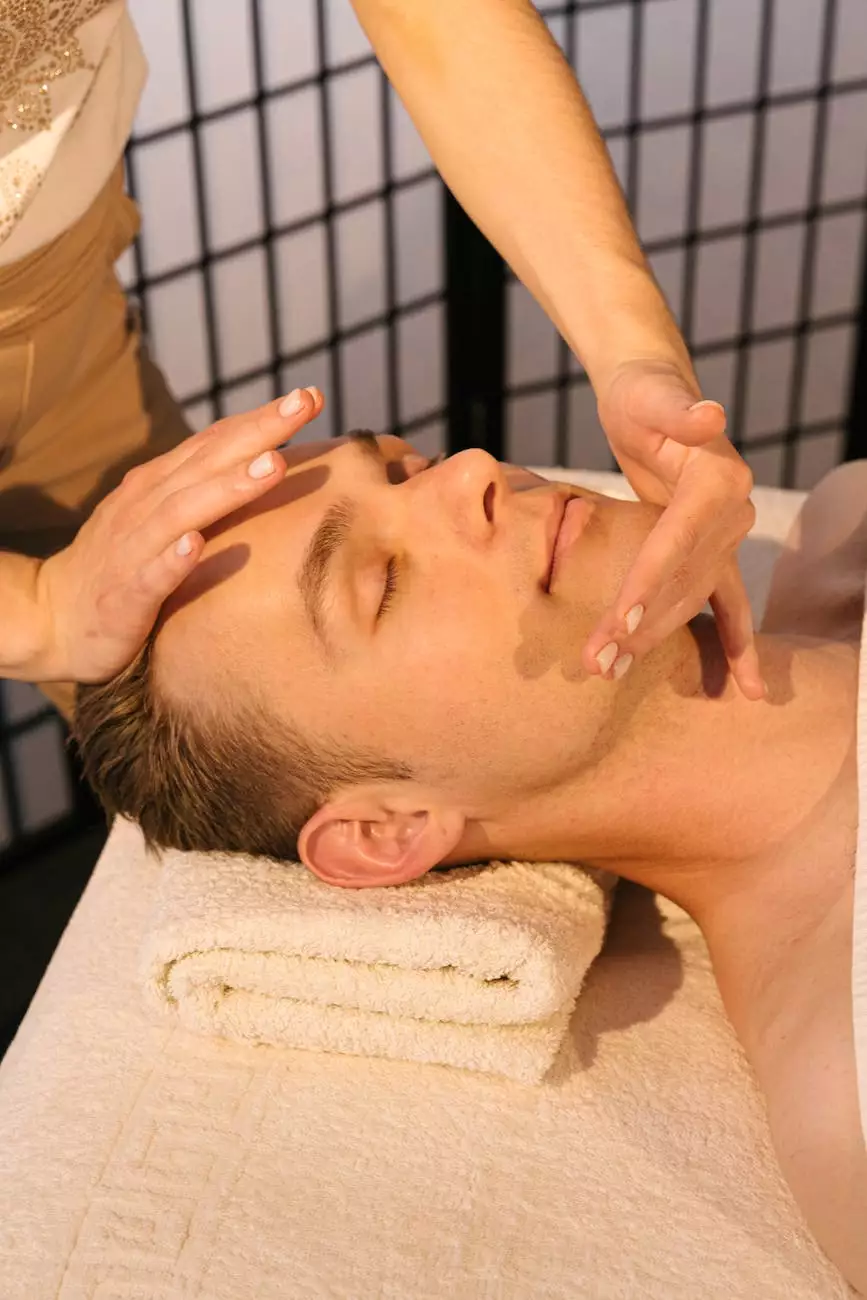How Your Sleep Quality Affects Your Testosterone
Health
Welcome to CHI St. Luke’s Health - Performance Medicine, where we understand the vital connection between sleep quality and testosterone production. As a trusted name in health, we are here to provide you with comprehensive information on how your sleep patterns can impact your testosterone levels and overall well-being.
The Importance of Sleep for Testosterone Production
Quality sleep plays a crucial role in maintaining optimal testosterone levels. Testosterone is a hormone that is essential for numerous bodily functions, including muscle growth, bone density, and overall vitality. However, inadequate or poor quality sleep can disrupt hormone production and lead to imbalances.
Researchers have found a direct link between sleep deprivation and decreased testosterone levels. When you don't get enough sleep, your body's ability to produce testosterone efficiently is compromised. This can negatively impact your energy levels, mood, sexual function, and muscle development.
The Sleep Cycle and Testosterone
To understand how sleep affects testosterone, it's important to grasp the sleep cycle. Sleep consists of multiple stages, including REM (rapid eye movement) and non-REM sleep. Each stage contributes differently to testosterone production.
During deep sleep, which is a non-REM stage, testosterone is primarily released. This stage is crucial for ensuring optimal hormone production and restoration. On the other hand, REM sleep is associated with brain restoration and cognitive function, but it doesn't directly impact testosterone levels.
Quality Sleep Tips for Optimized Testosterone Production
To improve your sleep quality and enhance testosterone production, consider the following tips:
Establish a Consistent Sleep Schedule
Creating a regular sleep routine helps regulate your body's internal clock, making it easier to fall asleep and stay asleep throughout the night. Aim for seven to nine hours of uninterrupted sleep each night.
Create a Sleep-Friendly Environment
Your sleep environment can significantly impact the quality of your rest. Ensure your bedroom is cool, quiet, and dark. Invest in a comfortable mattress and pillow that support your body's natural alignment.
Avoid Stimulants Before Bedtime
Stimulants such as caffeine and nicotine can interfere with your sleep. Try to avoid consuming them several hours before bedtime to allow your body to wind down naturally.
Practice Relaxation Techniques
Engage in calming activities before bed to prepare your body for sleep. This can include reading a book, taking a warm bath, or practicing meditation. Find what works best for you to promote relaxation and reduce stress.
Limit Electronics Usage
The blue light emitted from electronic devices can disrupt your sleep patterns and hinder the production of melatonin, a hormone that regulates sleep. Avoid using electronic devices, such as smartphones and laptops, at least an hour before bed.
Consult Our Experts at CHI St. Luke’s Health - Performance Medicine
If you're experiencing sleep disturbances or suspect that your testosterone levels may be affected, our team of experts at CHI St. Luke’s Health - Performance Medicine is here to help. We offer comprehensive diagnostic testing and personalized treatment plans to address sleep-related issues and optimize testosterone production.
Don't let poor sleep quality affect your testosterone levels and overall well-being. Contact us today to schedule a consultation and take the first step towards improving your sleep and reclaiming your vitality.










